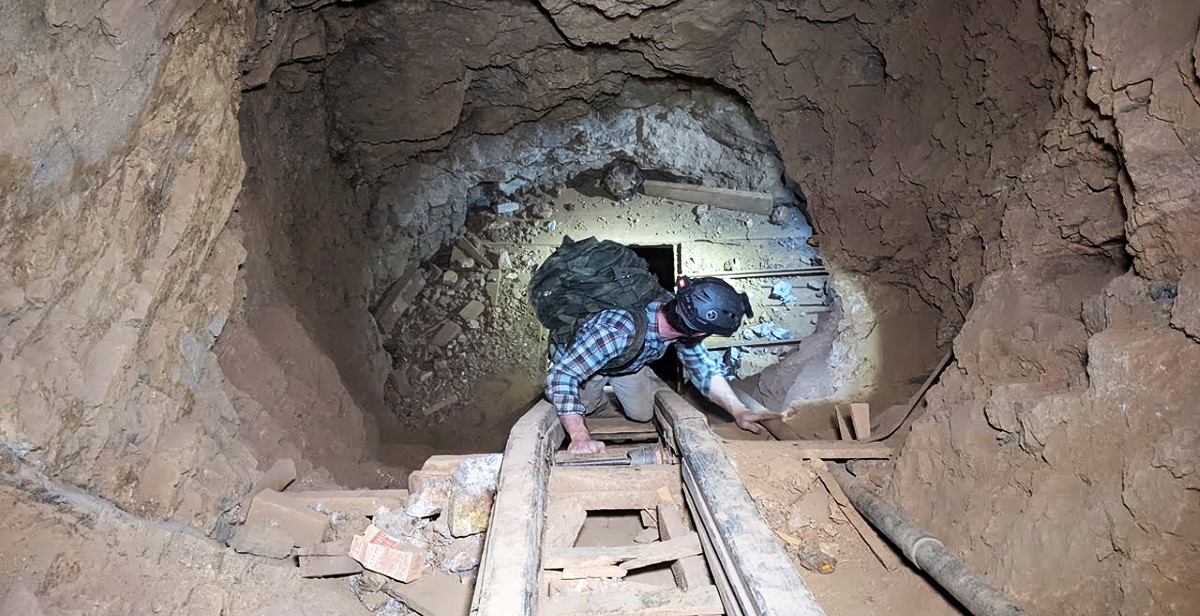While Artisanal and Small-Scale Miners form an important segment in Africa’s extraction industries and national economies, few countries on the continent have formalized this sector.
Due to that, South Africa gets to host the African Mining Week (AMW), which is the continent’s gathering for mining stakeholders, where this issue is going to be fully addressed.
The gathering will take place in Cape Town from the 1st to the 3rd of October, 2025 and features key sessions on the strategies and policies adopted by Africa’s mineral-rich nations to formalize and empower small-scale mining operations.
Balancing Formalization and Livelihood Protection panel will shine a light on regulatory frameworks and initiatives designed to bring artisanal and small-scale mining (ASM) into the formal mining value chain.
The session will explore how these efforts enhance the sector’s contribution to mineral exploration, production and economic growth.
In Tanzania, the mining activities at the Tanzanite Gemstones quarries in Mirerani Hills, have been conducted almost entirely by artisanal and small-scale miners but they are almost forgotten.
In Ghana, small-scale gold mining – which accounts for 40 percent of the country’s total gold production – supports over one million jobs and generates more than USD 5 billion in export revenue.
To strengthen and formalize the sector, the government has introduced initiatives including the Community Mining Scheme, District Mining Committees, the Ghana Land Restoration and Small-Scale Mining Project as well as the Ghana Gold Board.
These programs aim to regulate, professionalize and expand the sector as the country seeks to maintain its position as Africa’s top gold producer.
As part of its broader growth strategy, Zambia – Africa’s largest copper producer – is also driving efforts to strengthen its ASM sector.
The country’s Ministry of Mines and Mineral Development increased the issuance of artisanal mining rights from 304 in 2023 to 680 in 2024, and small-scale exploration licenses from 399 to 615.
With a goal to scale copper production to 3 million tons per annum by 2030, Zambia has also established a dedicated department for Artisanal Small-scale mining and is preparing to enact its Local Content Regulation in 2025 to promote domestic participation, job creation and value addition.
In Zimbabwe, Artisanal Small-Scale Mining remains a key driver of growth in the gold sector.
According to Fidelity Gold Refineries, small-scale miners were key contributors to the 40.6 percent increase in gold output in the first quarter of 2025 compared to fourth quarter of 2024.
Programs including the Gold Mobilization Program and Gold Development Initiative Fund are enabling miners with funding and technical training, thereby boosting output and sectoral sustainability.
Ethiopia is advancing the formalization of its Artisanal Small-scale Mining sector through the National Artisanal Small-Scale Mining (ASM) Strategy, designed to promote a responsible, inclusive and productive mining environment.
Employing over 1.26 million people and contributing 65 percent of the country’s foreign exchange earnings, the ASM sector plays a crucial role in supporting Ethiopia’s broader development and economic objectives.
As the continent’s premier gathering for mining stakeholders, the African Mining Week enables ASM mining companies to connect with technology providers, ensuring they are equipped with the tools they need to explore and develop Africa’s rich geological resources.
The forum will feature exclusive networking sessions and project showcases, providing a platform for regional and global emerging mining firms to connect with growing and lucrative investment opportunities across the African mining value chain.

